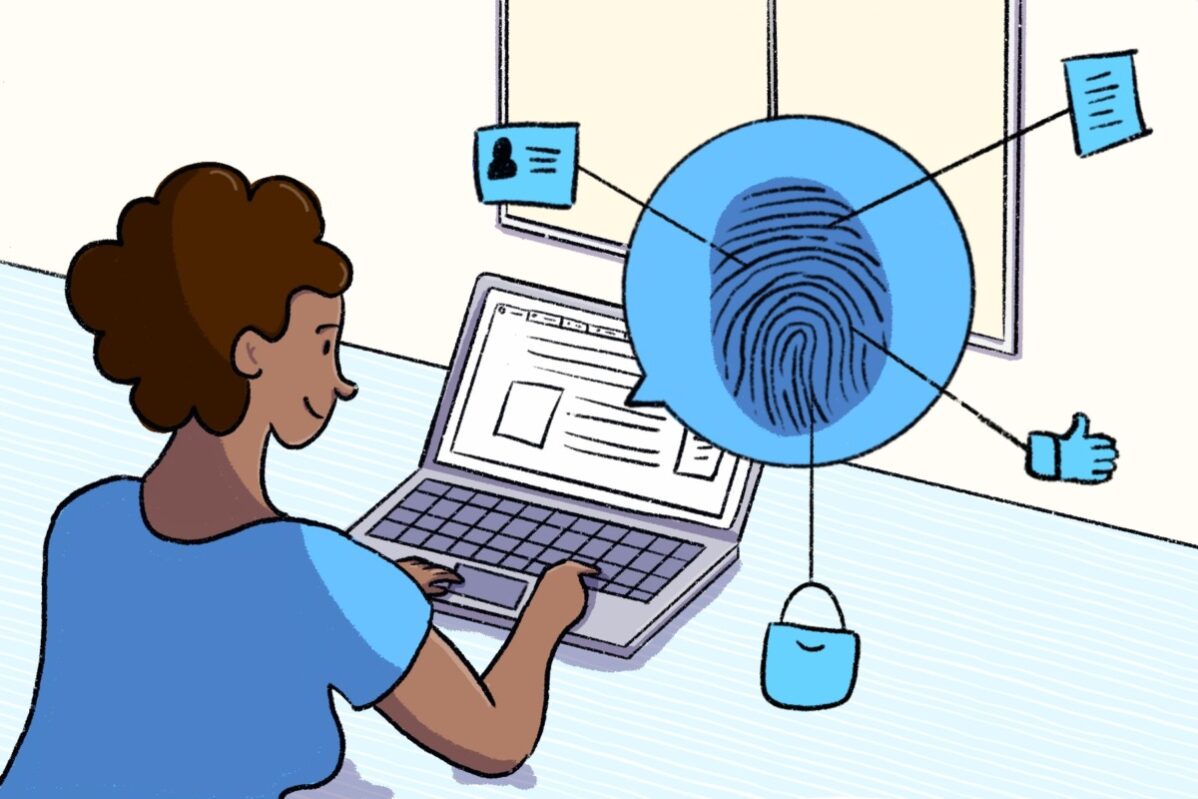Just as animals leave tracks, individuals leave a digital trail online that can be easily followed.
This ‘digital footprint’ encompasses all online activity, from social media posts and website visits to online purchases and even location data.
While a digital footprint can offer convenience in getting personalized recommendations, easier logging in to websites and accounts, it also poses a significant risk to privacy and security.
It is hard to manage something that cannot be seen, and there also exists a general lack of information about digital footprints and the associated risks. But let’s dive into a few of the things you need to know to keep yourself protected.
Firstly, your personal information and reputation are at risk.
The virtual version of yourself can say a lot about you, and it can be used by others to make incorrect judgements about you. So, it is very important to know what your digital footprints show and manage them.
While strict government regulations exist to safeguard sensitive personal information like health records and banking information, it fails to cover the vast majority of the data that is linked to an individual. Your personal records may be protected and kept private, but your search history and social media interactions related to these sensitive subjects are more than likely to be collected and sold.
“If something is free, you are the product,” rings true with how your information is bought and sold without your knowledge.
Secondly, there is the risk of identity theft which is a global issue.
As digital footprints are collected into large databases, threat actors can break into and obtain swaths of information on tremendous numbers of people. This increases the likelihood of people falling victim to phishing scams and undermining multifactor authentication that protects your personal accounts.
For example, you upload a lot of posts about your pet online, this data can then be used by an identity thief to gain access to your account if one of your security questions is related to your pet like the pet’s name.
And the third reason to be aware of your digital footprint is to maintain your freedom of expression, liberty and well-being.
Many governments have access to backdoors to track social media sites and instant messaging services and chat rooms for any activity that may be linked to national security, terrorism or other large-scale criminal dealings. The level of surveillance depends on where you are and the governing bodies in charge. Maintaining security in this manner can have unintended consequences on individual rights and freedoms.
The risk of exploitation of digital footprints has been amplified by the development of artificial intelligence. It has affected almost all areas of digital footprint generation, collection, and exploitation.
Numerous social media platforms that allow you to connect with friends and share bits of your life with the world, also serve as a rich collection of data. Your own pictures and videos that you upload on Instagram or Facebook can be used to create deepfakes. Scammers can then impersonate you to scam your close family and friends or gain access to your accounts.
Furthermore, data breaches, where massive amounts of personal information are stolen from companies and sold on the dark web, are becoming increasingly common.
It lies in our own hands to take proactive steps to minimize our digital footprint and protect our privacy. Some ways to do this include adjusting privacy settings on the apps and accounts that you use, limiting what you share online, adopting the use of secure passwords.
Accessing sensitive information using free and public Wi-Fi networks is not encouraged as well.
If you do not have any other alternatives, it is recommended to make use of VPN services that encrypt your data through the public network.
As technology sees developments, we can expect the generation and exploitation of our digital footprint to evolve into more complex mechanisms. It is imperative that we remain informed of the changing digital landscape and educate ourselves about the emerging threats to protect ourselves.


